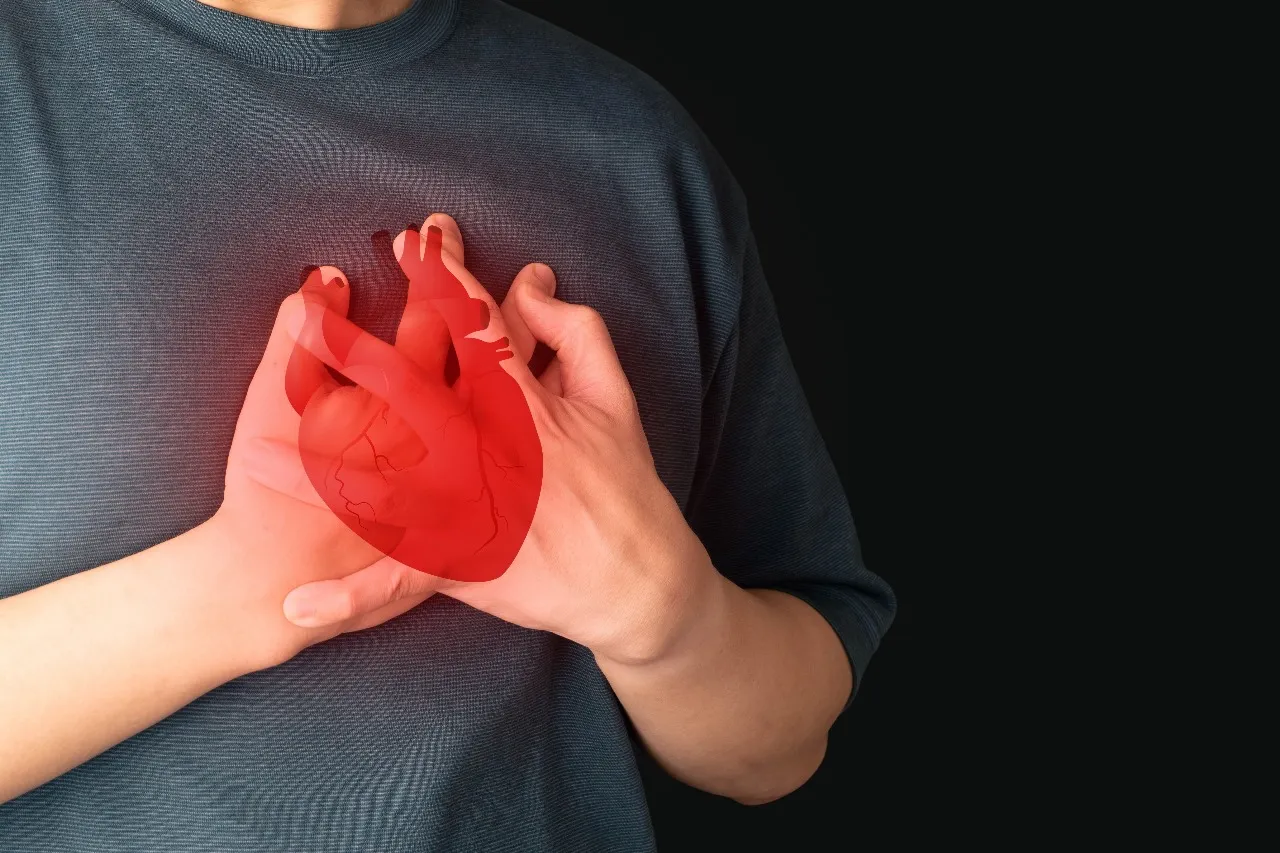
Heart artery blockage, also known as coronary artery disease (CAD), is one of the leading causes of heart attacks and other cardiovascular issues. Often developing over time without noticeable symptoms, it can be challenging to detect until it reaches an advanced stage. Early recognition of warning signs is crucial in preventing severe complications.
You must equip yourself with knowledge about your heart health. This article will help you identify the overlooked symptoms of heart artery blockage, enabling early intervention and better outcomes.
Read on to learn about these critical signs and how to take proactive steps to maintain a healthy heart.
Understanding Blocked Arteries
A blocked heart artery occurs when plaque, a substance composed of cholesterol, fatty deposits, and other cellular waste, builds up in the artery walls. This buildup can narrow the artery, restricting blood flow to the heart. Over time, the artery blockage can become severe, leading to a heart attack.
Common causes of blocked arteries include:
- Atherosclerosis: A condition where plaque builds up in the arteries, narrowing and hardening the arteries over time, reducing blood flow to the heart.
- High cholesterol: Elevated LDL (bad) cholesterol levels can contribute to plaque formation, increasing the risk of artery blockage.
- High blood pressure (Hypertension): Chronic high blood pressure damages artery walls, making them more prone to plaque buildup and narrowing.
- Smoking: Smoking accelerates plaque buildup in the arteries, damages blood vessels, and increases the risk of blood clots.
- Diabetes: Uncontrolled diabetes can cause high blood sugar levels that damage blood vessels, making them more susceptible to plaque buildup.
- Obesity: Excess weight increases body systemic inflammation and the likelihood of conditions like high cholesterol, high blood pressure, and diabetes, all of which contribute to blocked arteries.
- Lack of physical activity: Sedentary lifestyles lead to obesity, high cholesterol, and high blood pressure, which increase the risk of artery blockage.
- Unhealthy diet: Diets high in trans fats, saturated fats, and processed foods can cause increased body systemic inflammation, raise cholesterol levels and contribute to plaque formation in the arteries.
- Family history and genetics: A family history of heart disease or related conditions increases the risk of developing blocked arteries due to genetic predispositions.
- Stress: Chronic stress can contribute to high blood pressure, poor eating habits, and other factors that lead to artery blockage.
- Age: As we age, arteries naturally become less flexible and more prone to plaque buildup, increasing the risk of artery blockages.
Common Early Warning Symptoms
Recognising the early warning symptoms of blocked arteries is crucial for timely intervention. While these symptoms may vary from person to person, some common indicators include:
1. Chest Pain or Discomfort
- Squeezing or pressure: This sensation often feels like a heavy weight on the chest.
- Radiating pain: The pain may spread to the left arm, jaw, neck, shoulder, upper back or upper abdomen. Many times site of discomfort can be diffuse or vague.
- Intensity: The pain can range from mild to severe.
- Duration: Chest pain episodes can last a few minutes or longer.
2. Shortness of Breath
- Difficulty breathing: You may experience shortness of breath even with mild exertion.
- Sudden onset: The shortness of breath can occur suddenly, without warning.
- Wheezing: In some cases, you may hear a wheezing sound when breathing.
3. Fatigue
- Unusual tiredness: You may feel more tired than usual, even with adequate rest.
- Difficulty completing tasks: Simple activities may seem more challenging than usual.
- General weakness: You may experience a feeling of overall weakness.
4. Jaw, Neck, or Shoulder Pain
- Aching or tenderness: Pain in these areas can signify a heart attack.
- Location: The pain may be focused on one side or more generalised.
- Intensity: The pain can vary in severity.
5. Nausea or Vomiting
- Digestive discomfort: These symptoms may accompany chest pain or discomfort.
- Feeling unwell: You may feel generally unwell or nauseous.
6. Sweating
- Cold sweats: You may break out in a cold sweat, even in a warm environment.
- Excessive sweating: You may sweat more than usual, even with mild activity.
7. Lightheadedness or Dizziness
- Loss of balance: You may feel dizzy or lightheaded, sometimes leading to fainting.
- Blurred vision: Your vision may become blurry or distorted.
When to Seek Medical Attention?
If you experience any of the symptoms mentioned, seeking immediate medical attention is essential. These could be early signs of heart artery blockage or even a heart attack, which is a medical emergency requiring prompt treatment.
Consulting a Cardiologist
A cardiologist is a medical specialist who diagnoses and treats heart diseases, including conditions like blocked arteries. If you’re concerned about your heart health, experiencing symptoms, or have a family history of heart disease, consult a cardiologist for regular check-ups and assessments. Early detection and treatment can prevent severe complications, including heart attacks.
When choosing a cardiologist, consider their experience, qualifications, and training. You can also consult your primary care physician for recommendations on finding the best heart specialist.
Take Charge of Your Heart Health: Consult with Gerard Leong Cardiology Clinic
Recognising the early warning symptoms of blocked arteries is crucial for maintaining heart health and preventing life-threatening conditions. By understanding the common causes and being vigilant about potential symptoms, you can take proactive steps to protect your heart. Early intervention is key to reducing the risks and improving long-term health outcomes.
If you’re concerned about your heart health or experiencing any of the symptoms, consulting with a specialist is essential. At Gerard Leong Cardiology Clinic, our cardiologists provide thorough evaluations and personalised treatment plans to keep your heart healthy and minimise the risk of heart artery blockage. Schedule a consultation with us to discuss your heart health and explore appropriate treatment options.
